“In most places in the world, people are still going to want to own their own cars.” This line from Clotilde Delbos, boss of Renault Group’s Mobilize, was refreshing during a presentation on Tuesday outlining how the nascent mobility arm was going to capitalise on people not wanting to own cars any more.
But then Delbos, Renault’s straight-talking former chief financial officer, isn’t your regular hype merchant.

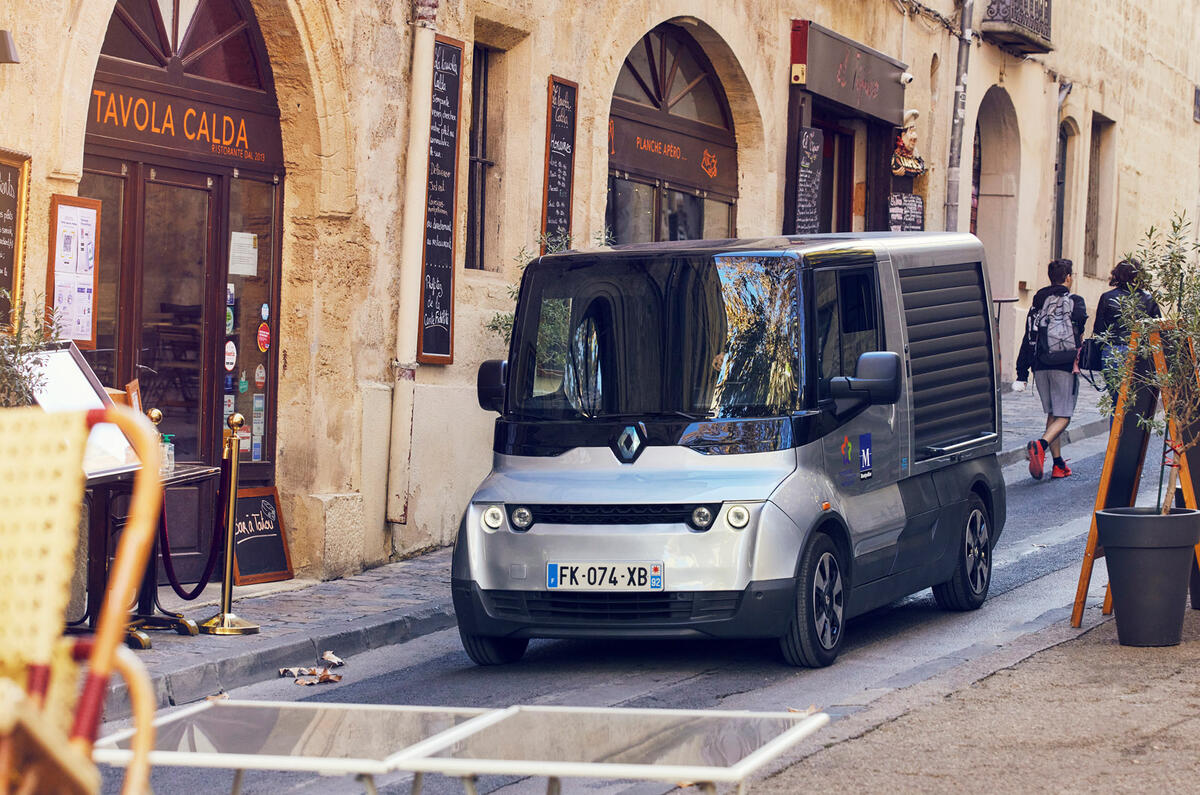
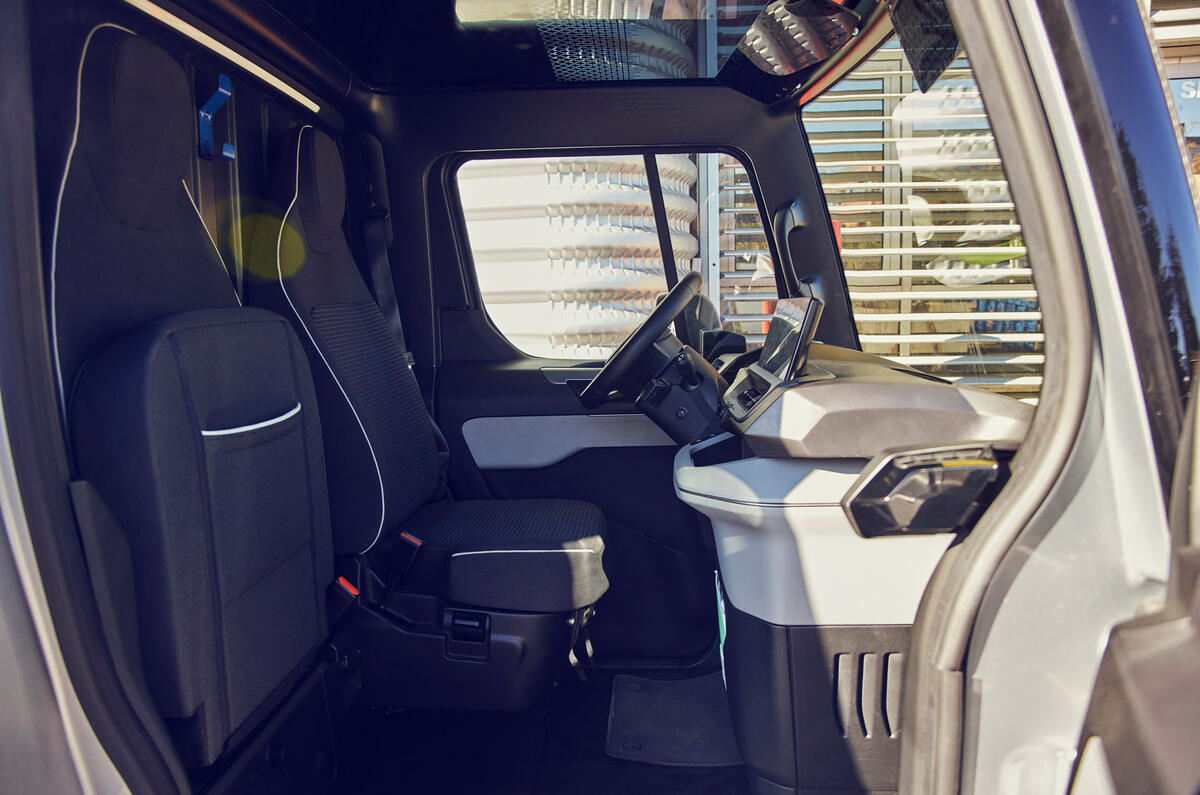
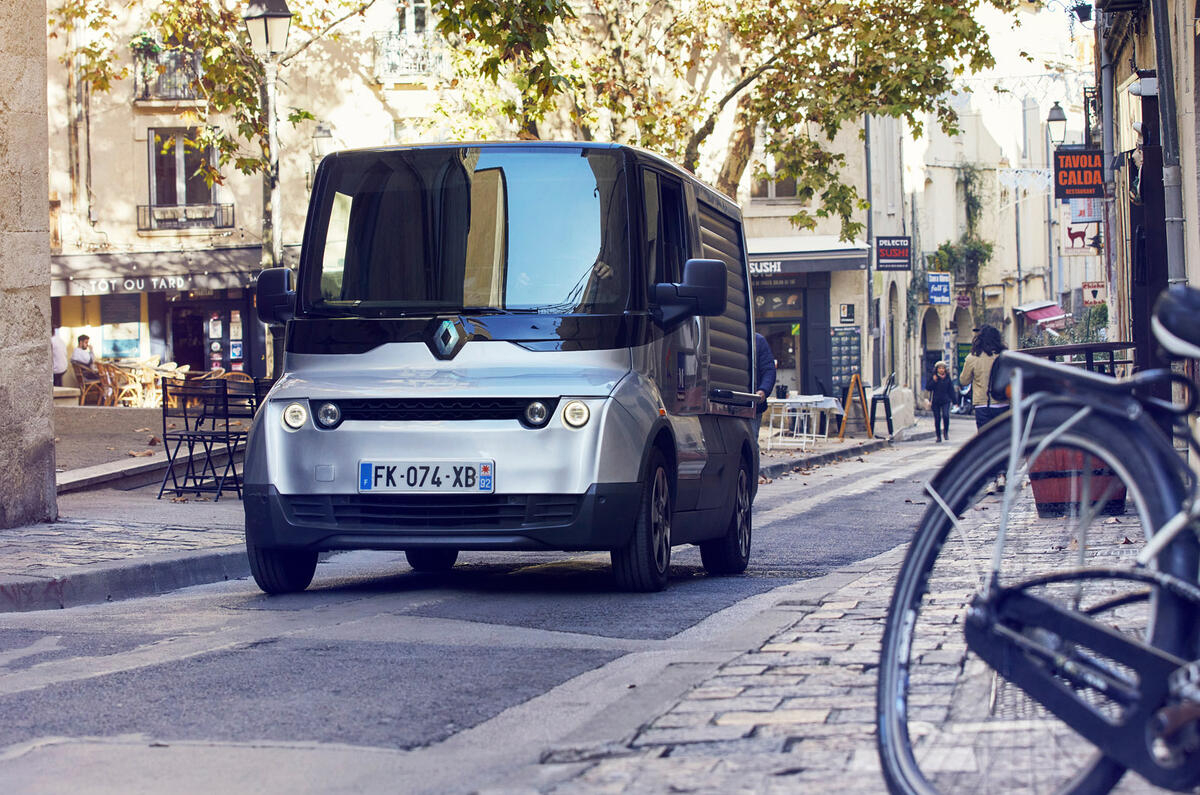
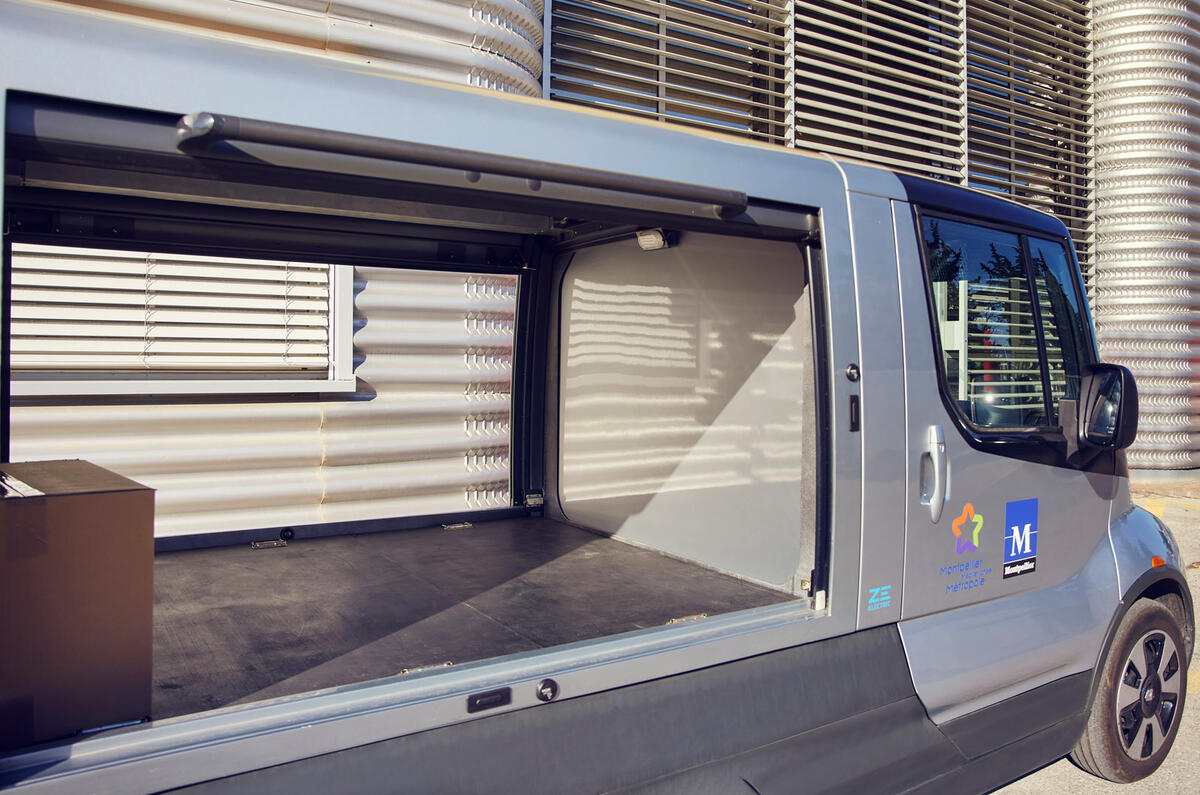
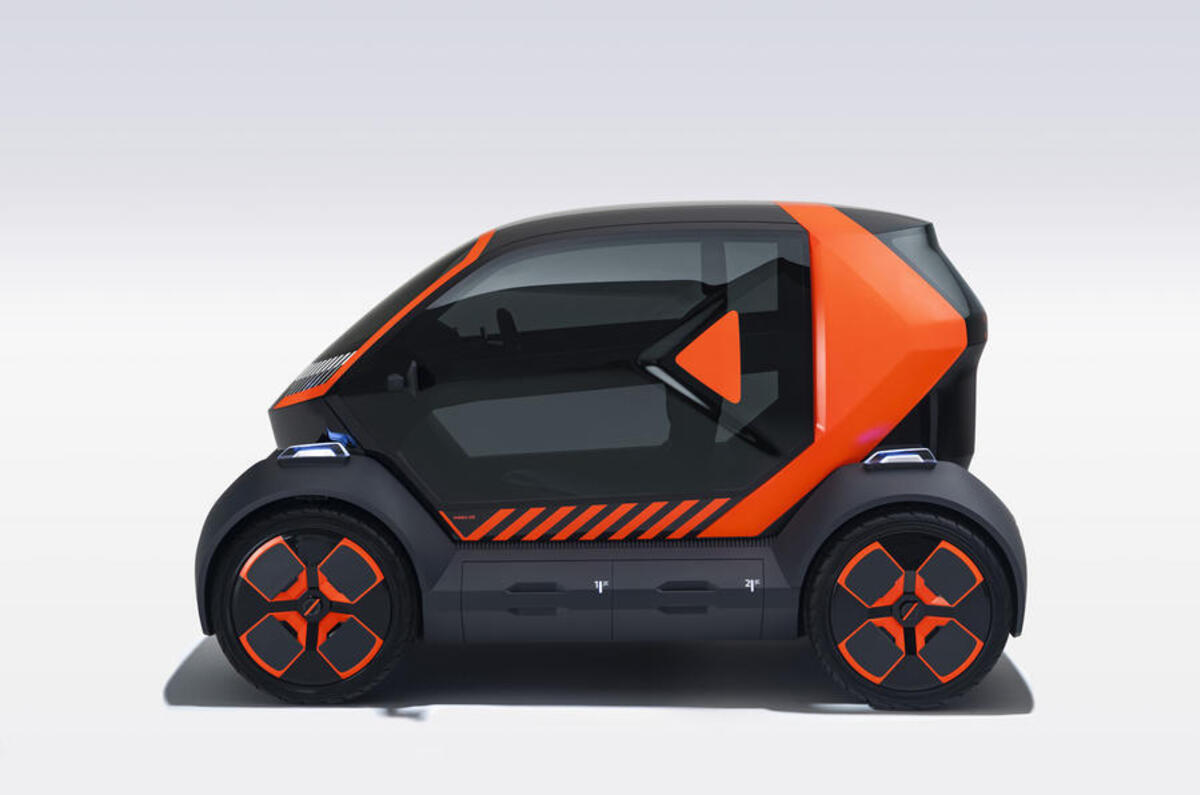


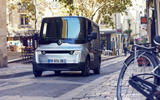




Add your comment